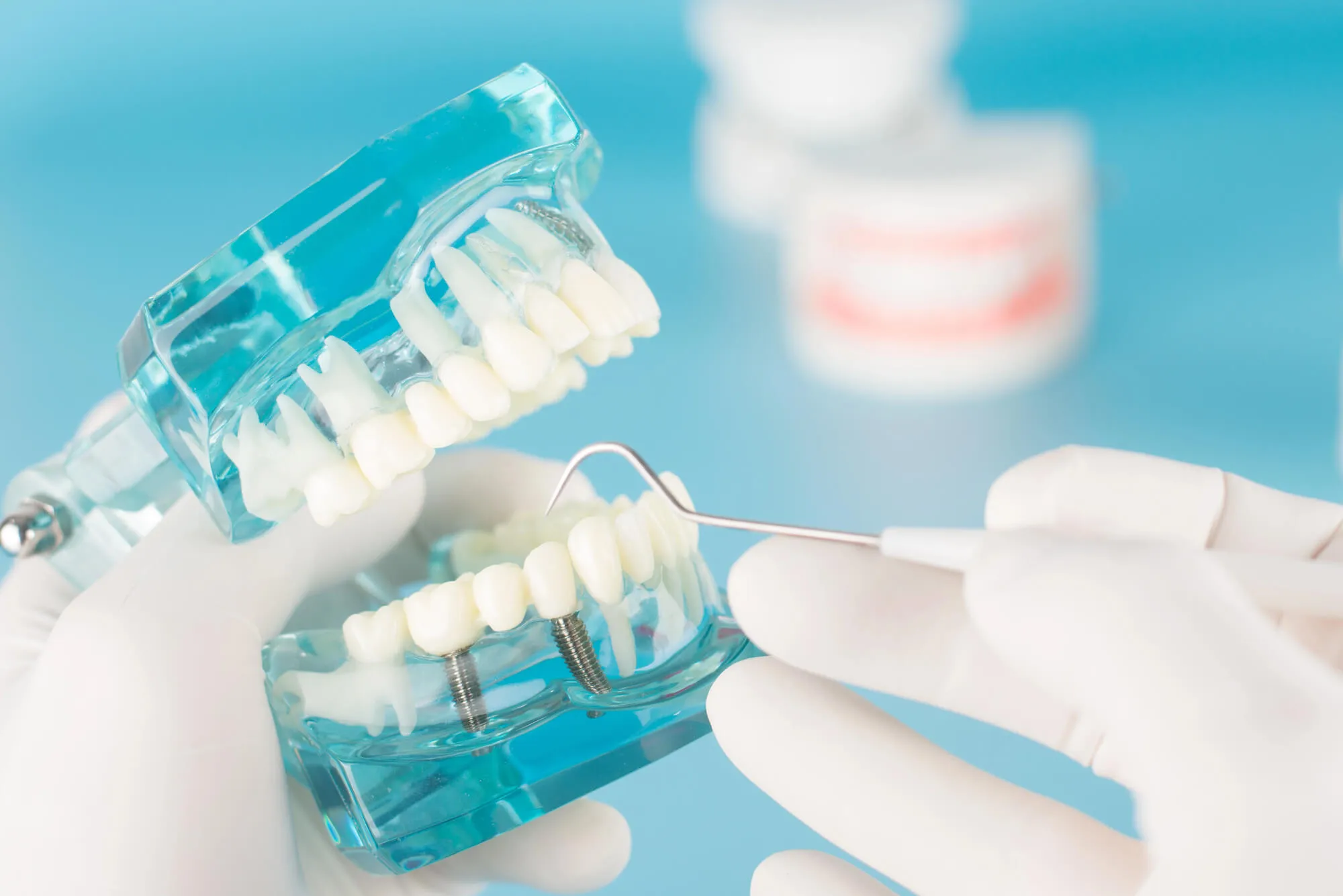
For many people, dental implants in Clyde, NC, represent the most reliable way to replace missing teeth. But if you’re a smoker, you may be wondering how tobacco use could affect your treatment. It’s a valid concern, since smoking is known to slow healing and increase complications after surgery. This can leave many patients unsure whether they qualify for implants or if the risks outweigh the benefits.
Fortunately, research provides clear answers about how smoking influences outcomes and what can be done to improve success rates. With the right information and professional guidance, smokers can better understand their options and take steps that support healthier, long-lasting results.

How Smoking Impacts Healing
Smoking reduces blood flow to the gums and jawbone, limiting oxygen and nutrient delivery, both of which are essential for proper healing. Dental implants rely on osseointegration, where the bone fuses with the titanium post. When the blood supply is compromised, the fusion process may slow down or even fail.
Higher Risk of Implant Failure
Studies consistently show that smokers face a higher risk of implant complications compared to non-smokers. Common concerns include gum inflammation, bone loss around the implant, and a condition called peri-implantitis. While implants can still succeed in smokers, the likelihood of long-term success is lower unless lifestyle changes are made.
Gum Recession and Smoking
Smoking reduces oxygen and blood flow in the gums, limiting their healing ability. Daily stresses like brushing, chewing, and plaque buildup already put gums under pressure. After procedures such as tooth extractions, periodontal therapy, or dental implant surgery, gums need strong circulation to repair properly. In smokers, the restricted blood supply slows this healing, leaving tissues thinner and more prone to pulling away from the teeth or implants. Over time, this recession can expose implant surfaces or tooth roots, leading to sensitivity, compromised stability, and cosmetic concerns.
Can Smokers Still Get Dental Implants?
Candidacy Considerations
Smokers are not automatically excluded from implant treatment. Many still qualify, but the decision depends on factors like oral health, bone density, and willingness to commit to better habits. Dentists often recommend quitting smoking before and after surgery to give the implant the best chance of success.
The Importance of Timing
If quitting entirely isn’t possible, stopping for at least one to two weeks before surgery and for several weeks afterward can significantly improve outcomes. This smoke-free window gives tissues time to heal and reduces the chance of complications.
Long-Term Maintenance
Smokers who receive implants must be especially diligent about follow-up care. Routine dental visits, professional cleanings, and consistent oral hygiene practices help reduce risks and preserve implant health.

Do You Have Questions About Dental Implants in Clyde, NC?
Smoking adds unique challenges to dental implant treatment, but research shows that success is still possible with preparation and consistent care. Understanding the link between tobacco use, healing, and implant health gives you the knowledge to make choices that support your long-term smile.
At Cataloochee Dental Group, our mission is to provide compassionate, comprehensive care that helps every patient feel confident about their oral health. If you’re considering dental implants, we invite you to schedule a consultation with our team. We’ll take time to listen, explain your options, and design a plan tailored to your needs so you can smile with comfort and confidence again.

